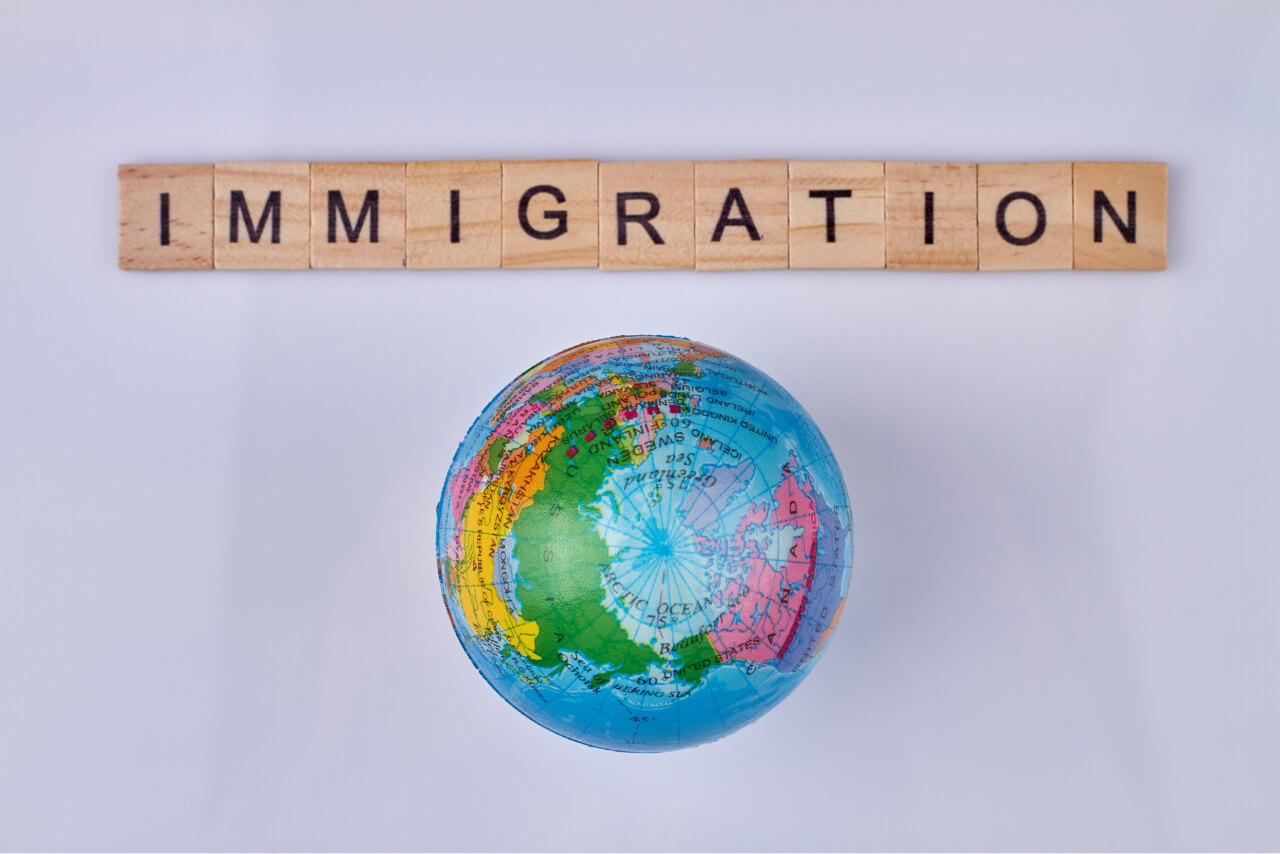With the U.S. government constantly imposing harsh restrictions, these are scary and uncertain times for people seeking safety and freedom in the United States of America. Along with fear, there is also a lot of confusion.
One of the biggest sources of this confusion is that people are getting conflicting information about who is affected by these changes. The media says one thing, but then there are rumors about something different. You may hear one thing from a friend and something else from your cousin.
So what is really happening? Do the Trump administration’s crackdowns apply to everyone seeking asylum here, or only to those who claim they are seeking asylum at the border?
The Trump administration’s most recent crackdown — announced by U.S. government officials this summer — affects people who arrive at the border, often after long and difficult journeys. Specifically, the new policy allows authorities to deny any claims for asylum based on fear of gang or domestic violence made at the border.
The government says this is now necessary because “grounds for qualifying for asylum have greatly expanded far beyond what Congress originally intended” and that “many petitioners” have exploited loopholes in U.S. asylum laws. In fact, the government maintains, U.S. asylum laws “do not offer protection against instances of violence based on personal, private conflict.”
However, this change alone will potentially affect thousands of people — especially those from Central and South American countries where dangerous gangs pose an ongoing threat and where many women are victims of repeated rape, beatings, and other types of violence and/or emotional abuse.
According to one estimate, more than 40,000 immigrants recently tried to cross the U.S. border illegally or get through a legal crossing without the necessary documents. Although it is impossible to know for sure, it is likely that a good number of them were seeking asylum.
But that’s not all. The new policy also allows officials tasked with assessing asylum claims at the border to “consider” past illegal entry into the country as a reason for immediate denial — even if the applicant now has a valid reason or reasons for seeking asylum.
Specifically, officers have been told to make an immediate determination about whether or not the applicant acted on undisclosed reasons for prior illegal entry that are “inconsistent with a valid asylum claim” that he or she is now making.

Critics say this is extremely unfair because previously established laws acknowledged that people seeking asylum here must sometimes bend or break the rules in order to escape persecution in their own countries. In other words, critics argue, past illegal entry into the United States has not and should not be a reason for denial of asylum if the applicant has a valid claim.
But why is this such a big deal? Simply put, the United States has a long history of providing safe haven for people fleeing from poverty and oppression. Technically, this history can literally be traced to colonial times. Officially it dates to 1951 when the U.S. joined the international community in the United Nations Refugee Convention of 1951, which created the legal parameters for the protection of refugees. Then, in 1980, the U.S. created its own rules for admitting and protecting asylum seekers.
Today, asylum is generally defined as a type of humanitarian protection for people who are afraid to return to their home countries for various reasons that must meet certain criteria under U.S. immigration law.
Once they have received asylum here, they can apply for lawful permanent residence (a Green Card) after one year, work here legally and obtain important documents, such as social security cards.
U.S. immigration and asylum laws allow anyone from another country to seek asylum — and admission to the U.S. — by claiming that they fled their countries because they were actually persecuted or feared persecution for a number of reasons including but not limited to race, religion, nationality, political opinion or membership in a particular social group. to have fled their countries out of fear of persecution over their race, religion, nationality, political opinion, or membership in a particular social group. Before the Trump crackdowns, immigrants could apply for asylum anytime within a year after entering the U.S. legally or illegally.
The good news for all immigrants now arriving at the U.S. border is that the Trump administration’s controversial “zero-tolerance” border policy is no longer in effect. This policy allowed authorities to separate undocumented families, or more specifically separate parents from their children.
If you have questions about asylum or about the Trump administration’s immigration policies affect you, it is important that you get proper information from a trusted source. Contact us today.
